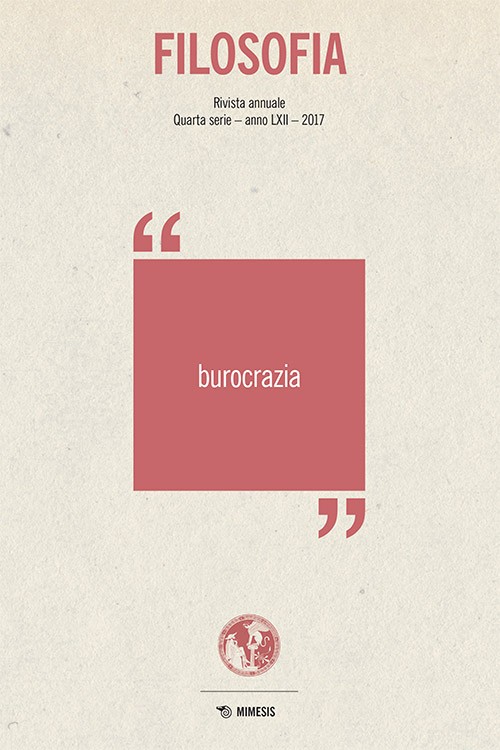Presages of a new thought in Cusano's latest writings?
DOI:
https://doi.org/10.13135/2704-8195/3895Keywords:
Nicholas of Cusa, Compendium, De apice theoriae, posse ipsumAbstract
As most neoplatonic thinkers do, Nicholas of Cusa (1401-1464) provides manifold versions of his system. Towards the end of his life, while in Rome, he composed two short, synthetic and powerful texts, in which he presented one last overview of his thought. Accordingly, both the Compendium (1463) and De apice theoriae (1464) share this comprehensive all-encompassing perspective, conceiving the divine in its immanence and transcendence as posse ipsum. While commentators believe that this is only a new enigmatic name to designate the principle – thus treating the issue as merely nominal – others contend that, in light of this new enigmatic name, Nicholas of Cusa – by formulating the principle as posse ipsum – conceives a shorter (brevius), easier (facilius) and truer (verius) version of the triune productive dynamism of the divine in its immanence and transcendence. The present paper addresses this issue by presenting both of Cusanus’ aforementioned opuscules, and by seeking to establish their common elements. Furthermore, this article evaluates the possibility of a novelty in Cusanus’ system of thought, considering posse ipsum as his final enigmatic name for the divine.



